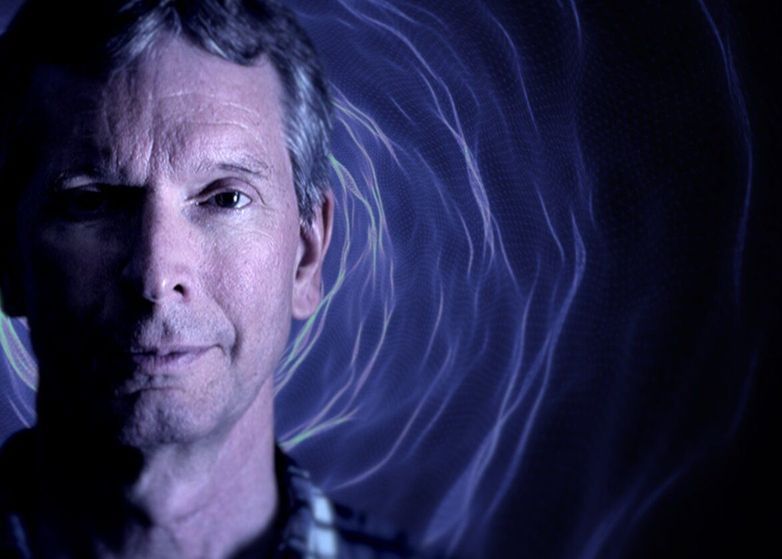For all of science’s impressive advancements, one problem has stubbornly eluded us: Why do we have consciousness? How does inert unconscious matter give rise to the light of conscious experience? Neuroscientist Donald Hoffman has been pondering this question throughout his career. His thinking has gradually led him to a surprising possibility — that consciousness itself is fundamental to reality. Donald’s theory, however, differs from that of the growing number of other scientists and philosophers now arriving at this conclusion.
“We’ve been stuck on the same problem for centuries. It’s time to take a different approach.”
The fundamental nature of reality, Donald theorizes, is comprised of an infinite network of interacting conscious agents. Uniquely, Donald offers a precise mathematical definition of a conscious agent. He believes the theory may be used to reconstruct the universe and existing scientific discoveries purely through the interaction of these units of consciousness.
